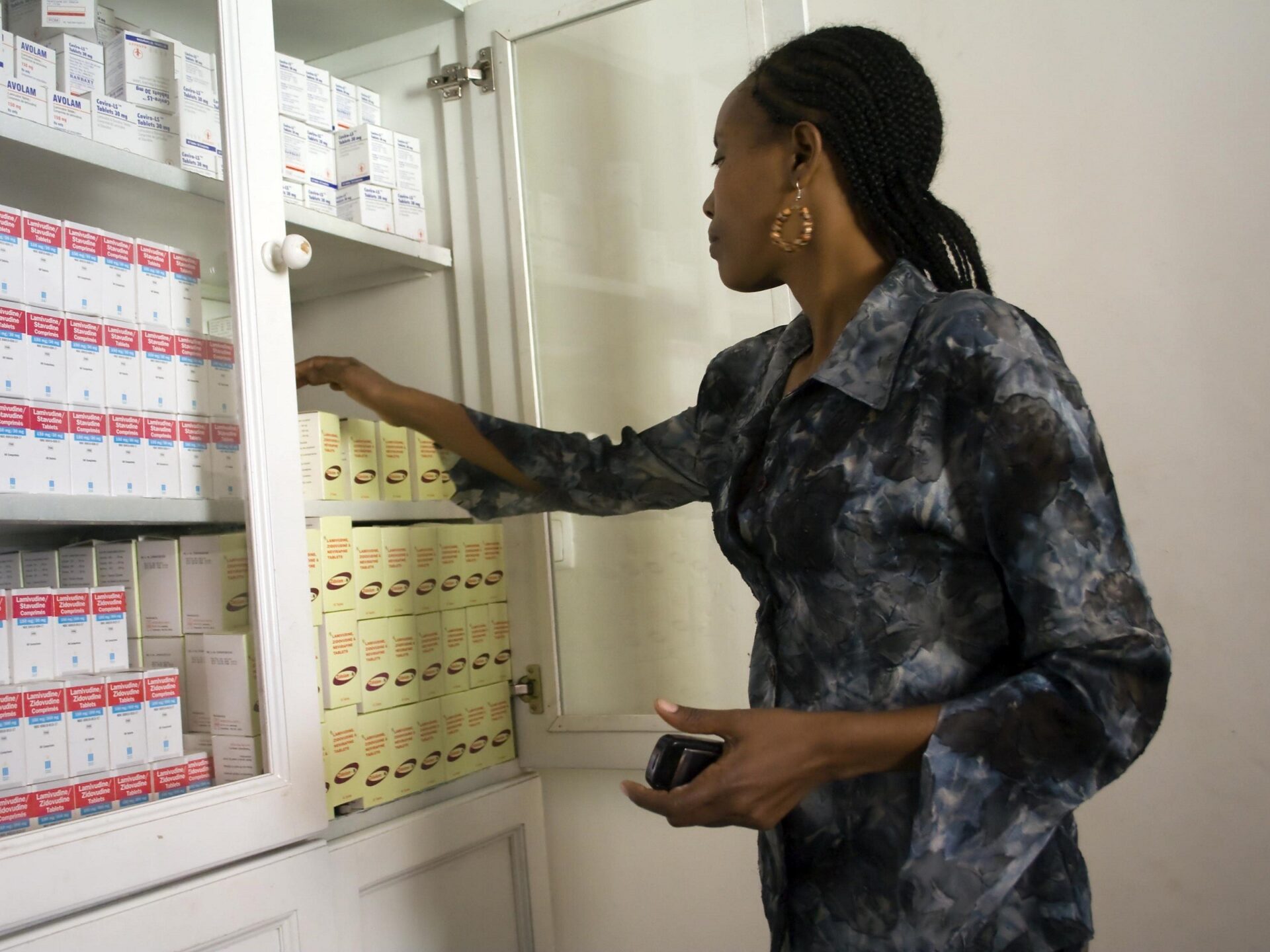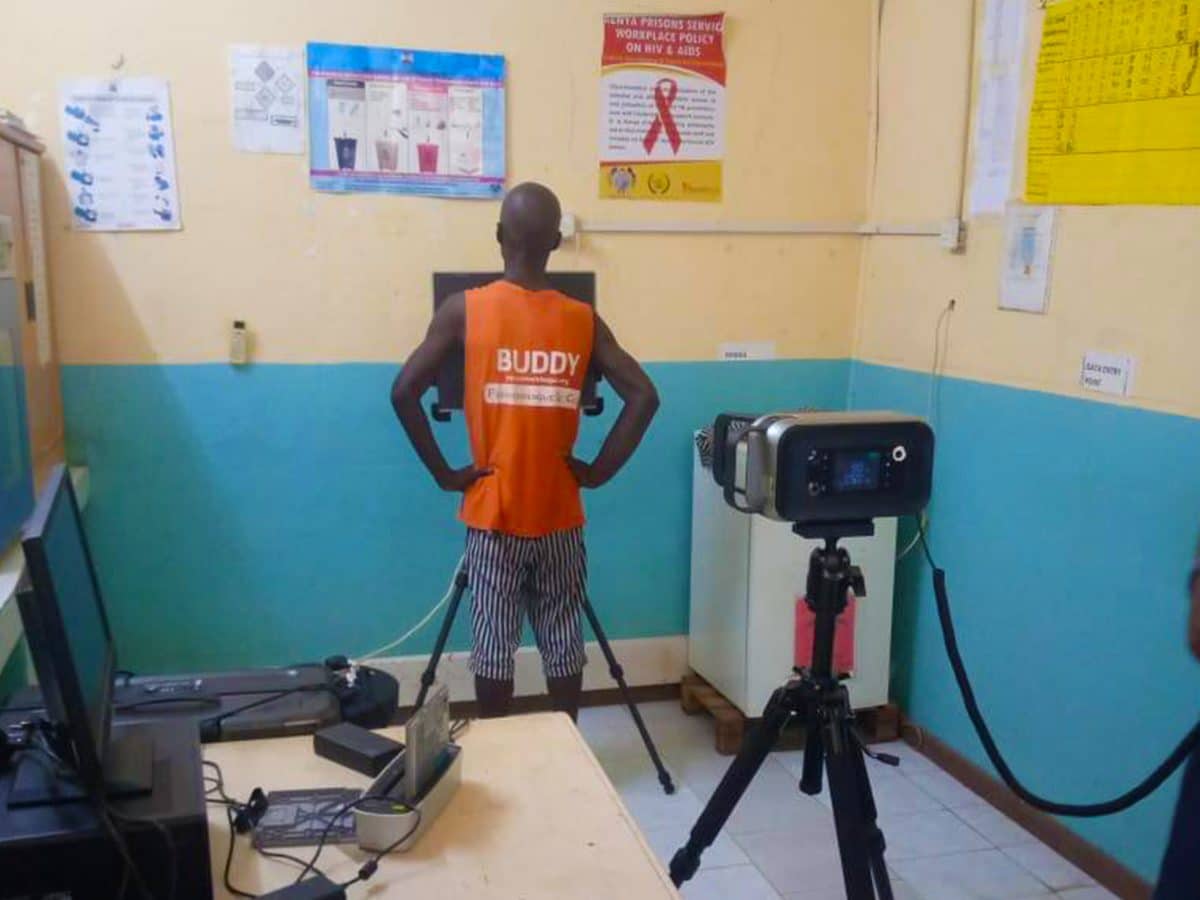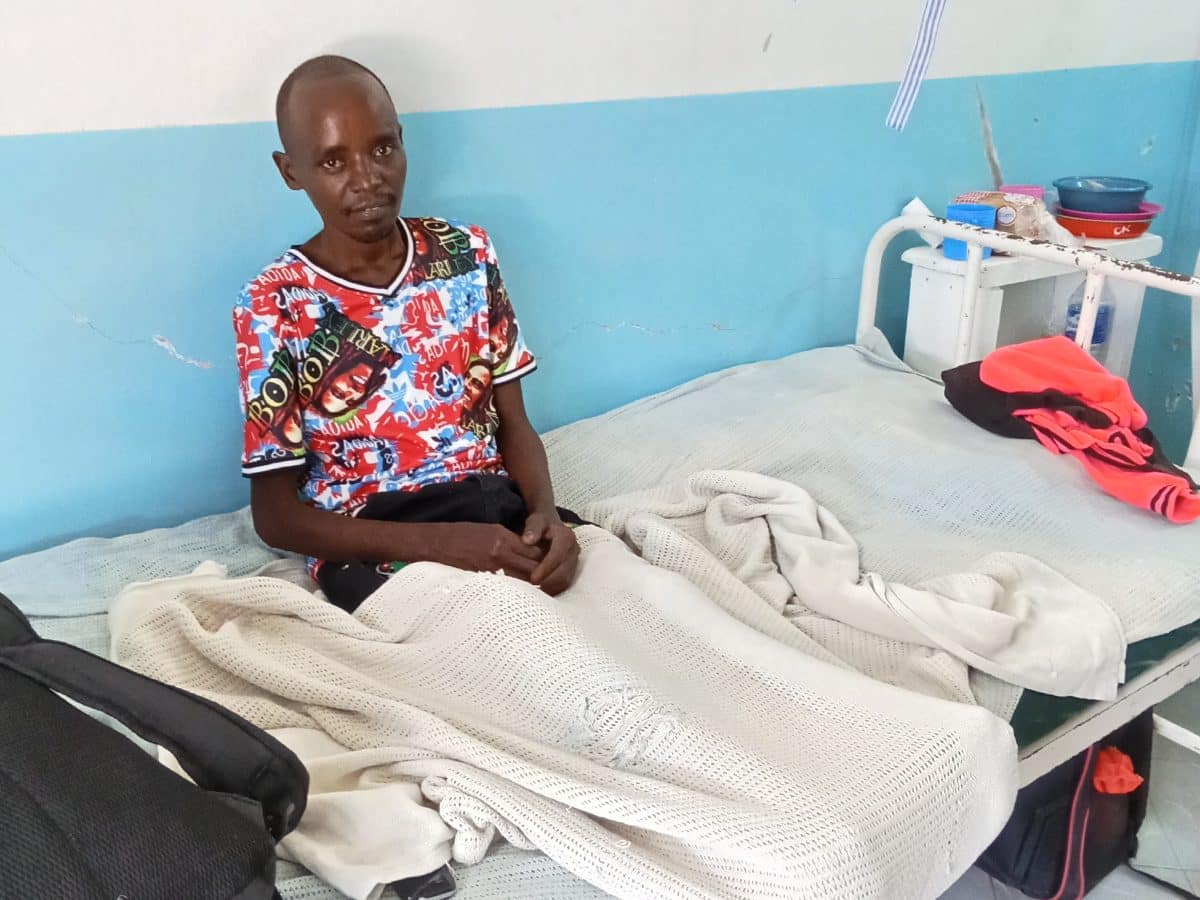As ministries of health and their partners move to scale up differentiated service delivery (DSD) for HIV treatment, one approach is taking the spotlight. Multi-month scripting (MMS) is a facility-based, individual-focused DSD model, in which recipients of care who are doing well on antiretroviral therapy (ART) receive larger amounts of ART at each visit, enabling their appointments to be spaced at longer intervals. In many countries, MMS is combined with appointment spacing and fast-track approaches to minimize the amount of time that people living with HIV need to spend at health facilities.
While the model is not right for everyone, research has shown that it appeals to many people on ART while also creating efficiencies for the health system. As a result, six-month MMS is strongly endorsed in the current guidance from the U.S. President’s Emergency Plan for AIDS Relief (PEPFAR), which encourages all partner countries to take the model to scale.
While many countries have shifted to three-month MMS, very few provide six months’ worth of ART at one visit. Ethiopia is the first country in sub-Saharan Africa to implement six-month MMS at scale and has learned lessons that can inform other countries as they adopt this approach. Participation in the HIV Coverage, Quality, and Impact Network (CQUIN), a multi-country learning network funded by the Bill & Melinda Gates Foundation that’s dedicated to advancing the scale-up of high-quality DSD for HIV in sub-Saharan Africa, provides Ethiopia with the opportunity to share practical experiences, tools, and lessons learned with CQUIN member countries.
Ethiopia took a systematic and deliberate approach to six-month MMS. With support from the U.S. Centers for Disease Control and Prevention (CDC), ICAP worked with the Federal Ministry of Health (FMOH) and six Regional Health Bureaus to conduct a successful pilot of the model at six hospitals in 2017. The success of this pilot convinced FMOH to scale it up nationally, as a priority DSD model for stable adult patients. In contrast to many peer countries, Ethiopia focused on taking this single DSD model to scale before diversifying to include additional DSD approaches.
“There are currently 1086 health facilities implementing multi-month scripting,” said Mirtie Getachew, MPH, FMOH HIV team lead. “Of the 317,032 stable adult recipients of care on ART, 175,950, or 55 percent, were enrolled in the model as of November 2018.
The Ministry used a multi-pronged approach to implement MMS, starting with the formation of an expert panel and technical working group, and engagement of associations of people living with HIV. The Ministry then used that foundation to create guidelines, training and education materials, and job aides to assist health facilities introduce the model.
Aster Shewaamare, a medical doctor at the Zewditu Hospital ART clinic, oversaw implementation of the model during the pilot phase in April 2017. “Zewditu was the first hospital to implement six-month, multi-month scripting,” she said. “Since then, we have enrolled 3,749 recipients of care on ART into the model, and almost all of them are very happy with it.”
Dr. Aster was an early supporter and member of the CQUIN Network, which is planning a qualitative study of six-month MMS in Ethiopia to explore the experiences of recipients of care and health workers as the approach was phased in.
“Ethiopia has early practical experience with the six-month MMS approach,” said Miriam Rabkin, MD, MPH, principal investigator of the study. “This study will tell us whether health workers see MMS as a net gain, or if they have concerns. It will also enable us to explore what recipients of care think, and may illuminate some of the reasons why almost 20 percent of them have declined to participate in the model.”
As above, six-month MMS is of high interest to policy makers and program implementers. Zambia recently launched six-month MMS, and many additional countries are planning to implement the model soon. Through the CQUIN network, Ethiopia has been sharing practical lessons, both in person and virtually. On April 17, 2019, CQUIN hosted a webinar focused on lessons learned from the implementation of MMS.
“The model has been a great success,” said Zenebe Melaku, MD, ICAP’s country director in Ethiopia. “We’re proud of our partnership with the Ministry and that we were able to contribute to a foundation of high-quality service delivery for people living with HIV in Ethiopia and beyond.”
Learn more about DSD in Ethiopia
A global health leader since 2003, ICAP was founded within the Mailman School of Public Health at Columbia University with one overarching goal: to improve the health of families and communities. Together with its partners—ministries of health, large multilaterals, health care providers, and patients—ICAP strives for a world where health is available to all. To date, ICAP has addressed major public health challenges and the needs of local health systems through 6,000 sites across 30 countries. For more information about ICAP, visit: icap.columbia.edu








